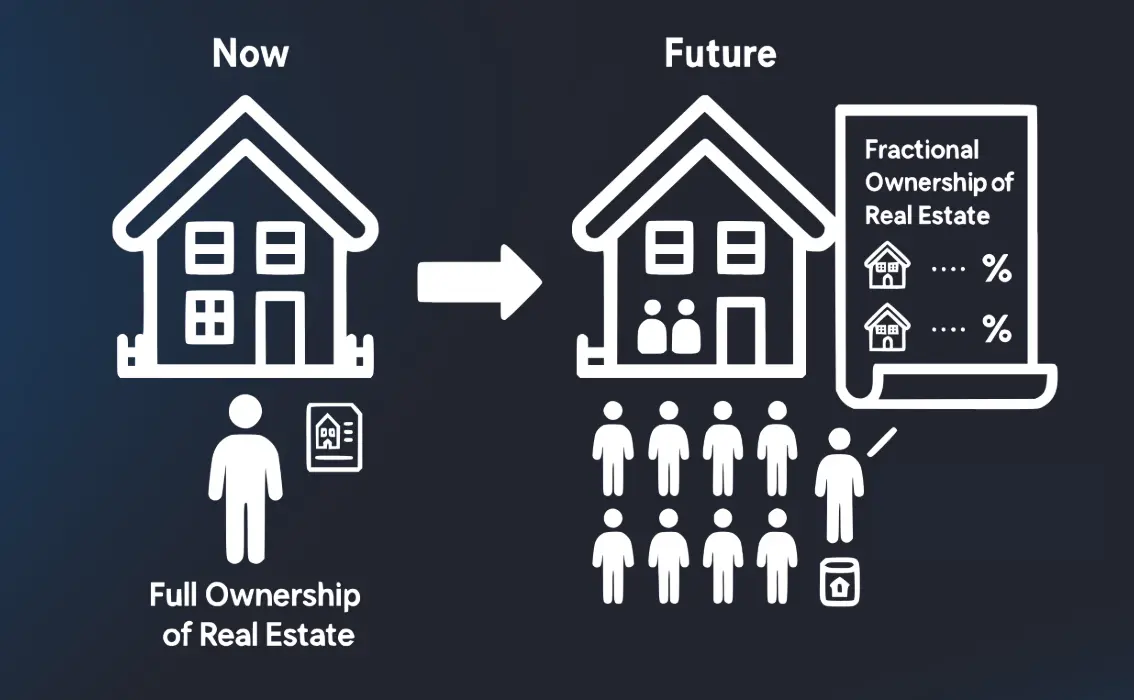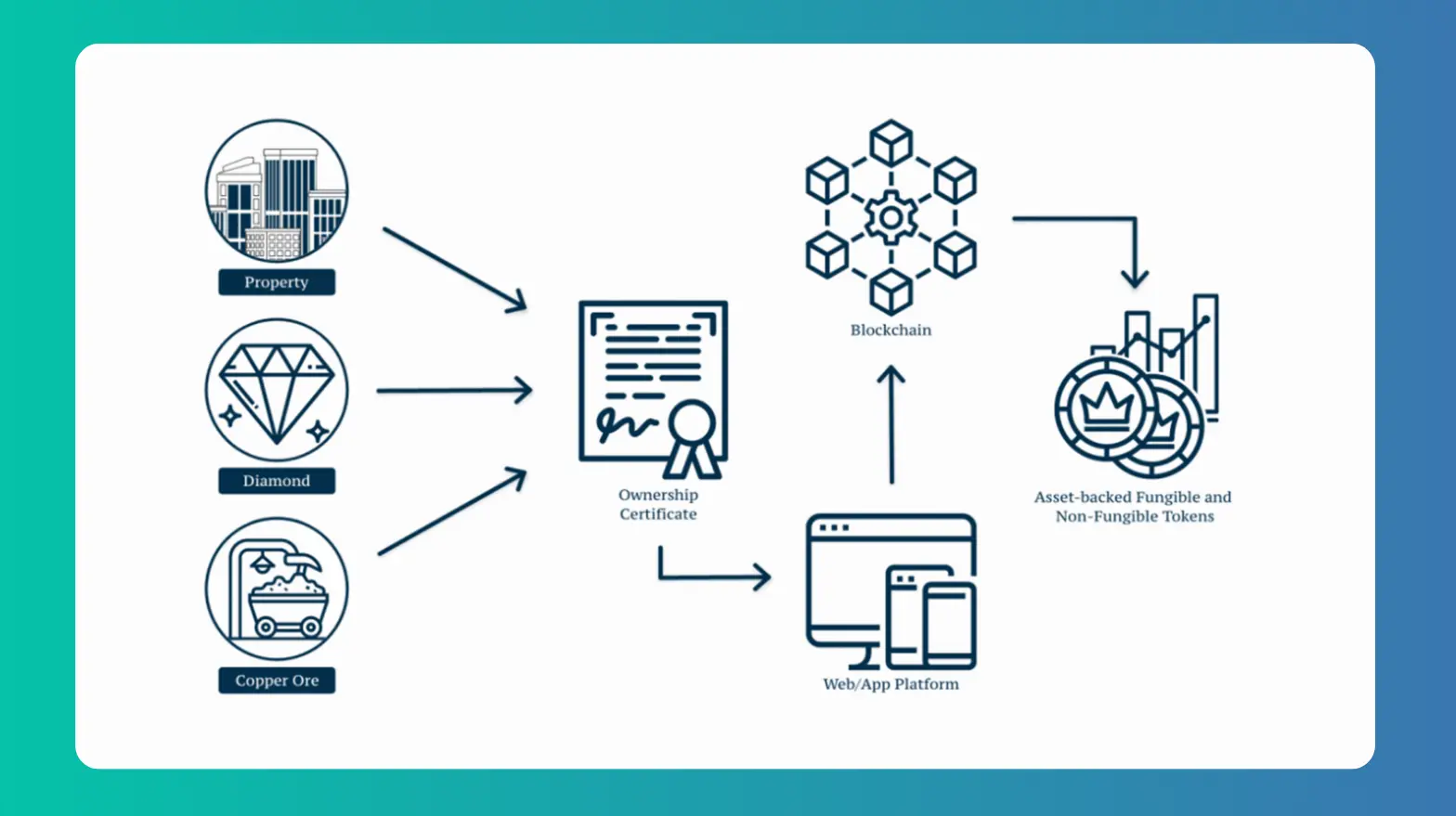The New Renting Law in North Cyprus (2025–2026): Full Guide for Landlords, Tenants, and Investors

If you own, rent, or manage property in North Cyprus (TRNC), 2025 marks a turning point in how rental agreements are handled. A new set of rules — some already active and others about to take effect — aims to increase transparency, tax compliance, and property market stability.
The changes cover everything from how rent is paid, to licensing short-term rentals (Airbnb/Booking.com), to ownership limits for foreigners. Below is a detailed breakdown of what’s changed, what’s coming next, and what both landlords and tenants should do right now.
All Rent Payments Must Go Through Banks
Effective Date: 1 January 2025
Source: Official Gazette, TRNC Ministry of Finance (published 14 November 2024)
From January 2025, cash payments for rent are officially banned in North Cyprus. Both residential and commercial rent payments must be made via bank transfer — either directly or electronically — so that every transaction leaves a verifiable record.
The law defines rent “payment” and “collection” as movements through bank balances, ensuring transparency and auditability.
What this means for landlords and tenants:
All rent payments must go through the banking system.
Cash or hand-to-hand payments are not legally valid.
Bank receipts or statements become the official proof of payment.
Violations may lead to fines, though corrections within 5 days may avoid penalties.
Why this matters:
This move aligns with the TRNC’s wider effort to fight unreported income and bring all real estate transactions under the tax net.
New Rules for Short-Term Rentals (Airbnb, Booking.com, etc.)
Status: Draft law under review (expected implementation in 2026)
Law reference: Draft Law No. 285/4/2025 on Regulation of Short-Term Rentals
With tourism booming and platforms like Airbnb becoming widespread, North Cyprus is moving to regulate short-term holiday rentals.
The proposed Short-Term Rental Law introduces:
Mandatory registration and licensing for all Airbnb-style properties.
Disclosure of property ownership and the landlord’s ID.
Monthly reporting of rental income to tax authorities.
Safety and equipment requirements (smoke detectors, fire extinguishers, insurance).
Clear definition of “short-term rental” — generally stays up to 60 days.
The law is expected to be voted and implemented during 2026, bringing much-needed structure to the holiday rental market.
For hosts, this means:
You’ll need to register each property you rent short-term.
You must report your income and ensure all guests are documented.
Online platforms will likely be required to display registration numbers.
Rent Control and Legal Protection
North Cyprus still enforces Rent (Control) Law No. 17/1981, but only in certain “controlled areas”, such as parts of Nicosia (Lefkoşa), Kyrenia (Girne), and Gönyeli.
In these areas, landlords cannot freely increase rent or evict tenants, and specific procedures must be followed.
Outside these “controlled zones,” however, rent is fully market-based, and the terms depend on what’s agreed in the lease contract.
In controlled zones:
Late rent payment has a 7-day grace period before eviction can begin.
Evictions can only happen on specific legal grounds.
Annual rent increases are typically limited by the Cabinet decree.
In free-market zones:
Landlords and tenants can agree on any rent level or increase formula.
Eviction and termination follow civil contract law rules.
Taxes and Compliance
With bank-only payments now mandatory, authorities can easily track rental income.
This will tighten tax compliance and ensure landlords declare all income correctly.
For short-term rentals, once the new law is active, monthly income reporting will become obligatory — similar to systems in Southern Europe.
What to Do Now — Landlord & Tenant Checklists
✅ For Landlords
Update your contracts to include bank transfer clauses.
Keep bank statements as rent proof.
Prepare documents for future short-term rental registration.
Verify that your property title and ownership status are fully legal.
Check if your area is a rent-controlled zone.
✅ For Tenants
Pay rent only via bank transfer and keep receipts.
Ask for a written lease that includes the landlord’s full details.
Confirm whether your area is rent-controlled to understand your rights.
Report any illegal cash rent requests to your local municipality or housing office.
The Bigger Picture
These changes are part of North Cyprus’s broader modernization push — bringing its property sector closer to EU-style transparency while preserving investor appeal.
By requiring all rent payments through banks and introducing structure to the short-term rental market, the TRNC aims to:
Reduce unrecorded transactions
Improve tax collection
Strengthen tenant protection
Increase legal certainty for foreign buyers


